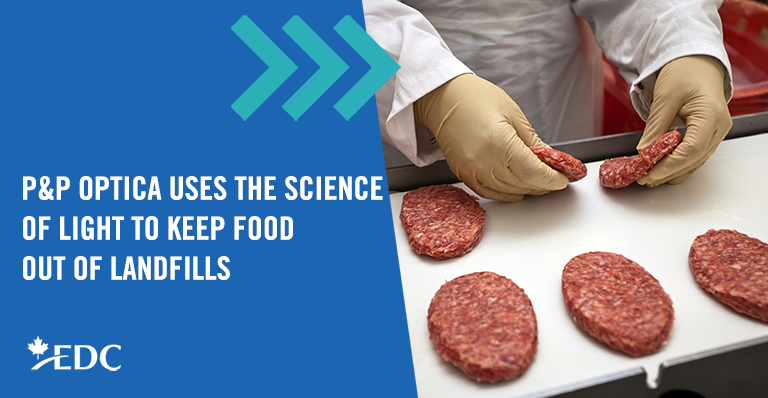As technology advances, we spend more and more time in front of screens - smartphones, tablets, computers, and televisions. These devices emit blue light, which has been shown to disrupt our circadian rhythm and affect our sleep quality. In response, blue-light blocking products have become popular - but do they really work?

Blue Light and Sleep
Blue light is part of the visible light spectrum and has a wavelength between 400 and 500 nanometers. It's present in natural sunlight and helps regulate our circadian rhythm, setting our internal clock to awake during the day and asleep at night. However, we're exposed to artificial blue light from electronic devices, which can interfere with our natural sleep patterns.
Blue light signals our brain to inhibit the production of melatonin, a hormone that helps us fall asleep. By blocking blue light, we can reduce the suppression of melatonin production and improve our sleep quality. This is especially important for people who have trouble falling asleep or staying asleep.
Blue-Light Blocking Products
Blue-light blockers come in many forms, including glasses, screen protectors, and skin care products. The most common are blue-light prevention glasses, which claim to block up to 99% of blue light.
The theory behind these glasses is that they have a yellow or amber tint that filters out blue light while still allowing other colors to pass through. This tint is said to reduce eye strain and improve sleep quality by blocking the harmful blue light emitted by screens.
So, Do They Work?
There is some scientific evidence to support the effectiveness of blue-light blocking glasses. One study found that wearing blue-light blocking glasses for three hours before bedtime improved sleep quality and reduced symptoms of insomnia in participants.
Another study found that wearing blue-light blocking glasses for just two hours before going to bed increased melatonin production by 58%. This is significant as melatonin is essential for regulating our sleep patterns and helps us fall asleep faster and stay asleep longer.
However, other studies have produced mixed results, with some finding no significant difference between blue-light blocking glasses and regular glasses or no glasses at all. There is also some debate over whether the tint of blue-light blocking glasses can affect color perception and cause eye strain.
Conclusion
While blue-light blocking glasses appear to be effective in reducing the negative effects of blue light on sleep, more research is needed to fully understand their benefits. It's also important to note that blue-light blocking products like glasses, screen protectors, and skin care are not a cure-all for sleep problems and should be used in combination with other sleep-promoting practices, such as avoiding screen time before bed, establishing a consistent bedtime routine, and creating a sleep-friendly environment.
If you're considering blue-light prevention glasses, look for products that have been tested and certified by reputable organizations. You should also speak to your doctor or a sleep specialist to discuss your sleep concerns and develop a comprehensive plan to improve your sleep quality.